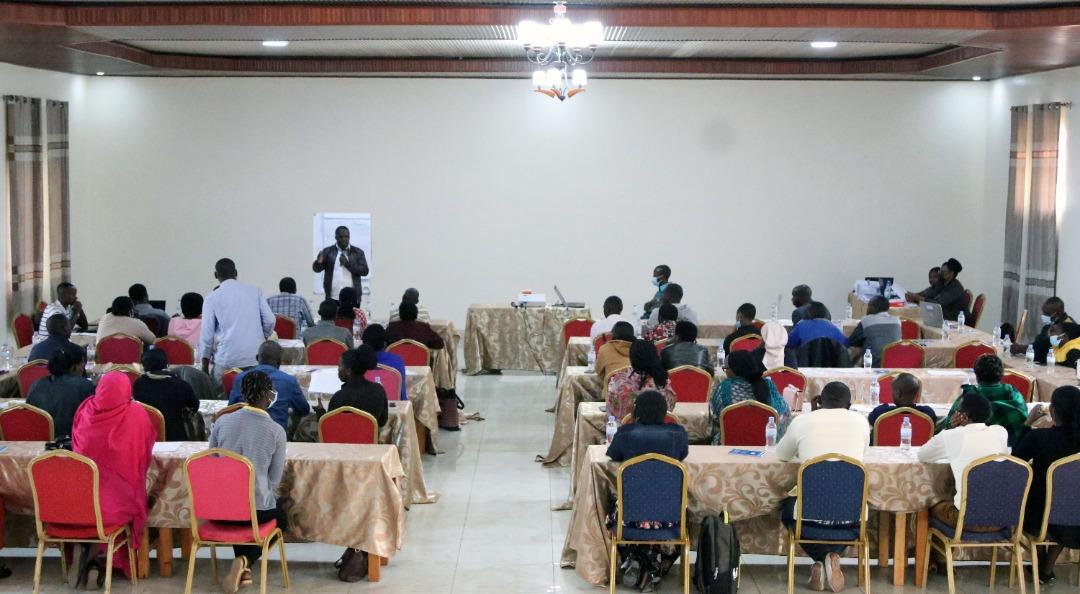Rwanda: Primary Healthcare Standards decentralized down to Health Centers
Barame project is training Health Centers from the seven districts of intervention, on Primary Health Care Standards,
accreditation, and protocols, aiming at improving the quality of health
services in the grassroot health facilities. In four consecutive workshops (from
27th June 2022) that are organized by Barame project in partnership
with Rwanda Biomedical Center (RBC), health centers and health posts will learn
the essential ways of observing the standard protocols that would be used in
reducing maternal and early child mortality rate.
Rwandan health system follows
universal protocols and standards as it is highlighted in the Quality and
standard ensurance policy adopted in
2008. This policy started being implemented in referral and District hospitals
where much emphasis has been put on maternal and early child Mortality rate reduction
in hospitals.
Since 2022, the ministry of health
through the Rwanda biomedical Center (RBC) in partnership with Enabel through
Barame projet started transiting these protocols to health centers and health
posts to meet quality standards of health care services in the grassroot health
facilities.
To ensure that the primary health
protocol and standards are observed, Barame in Collaboration with RBC conducted
a three-day workshop which gathered 65 Health
post managers and health quality staff from two districts of project
intervention namely Nyarugenge and Karongi, which will be followed by three
other workshops gathering the rest of the seven districts of Barame
intervention area. The workshops will take these health workers to the next
level of controlling maternal and child mortality rate in their respective area
of work.
The aim of this training is to build the capacity of Health Centers
and Health Posts’ managers and staff to be able to comply with PHC standards,
implement, sustain capitation payment mechanism, and improve the Maternal,
Neonatal and Child Health (MNCH), Family Planning FP and Adolescent sexual &
Reproductive Health (ASRH) services offered.
The Ministry of Health has made strong commitments to ensuring the highest
achievable quality during provision of essential health services, particularly
the primary health care (PHC) services that are following set standard and best
outcomes at the minimum cost. The national health care accreditation program
was established to guide health facilities in defining, implementing and
measuring standards of the expected quality standards of service delivered.
The Ministry of health also went further to develop primary healthcare
accreditation standards as one of numerous strategies to improve quality of
service delivery at health center level. As adopted from internationally
recognized standards, the program supports health facilities staff to provide
evidence-based interventions, patient-centered care that mitigates unnecessary
risks, prevents further harm to patients and fosters access to and demand for
health services.
The Government of Rwanda
(GoR), through the NST1 has committed to attain 90% of citizen satisfaction
with services and ensuring 100% of government services are delivered online by
2024. The National Leadership Retreat resolutions 2016, 2017, 2018 and 2020
respectively emphasized on improving and fast-tracking service delivery in
public institutions. Improve Maternal Mortality and Child Health by reducing
maternal mortality ratio to 126/100,000 in 2024 from 210/100,000 (2013/14) and
under five mortality rate to 35/1000 in 2024 from 50/1000 (2013/14).
Latest news from this project
No news

